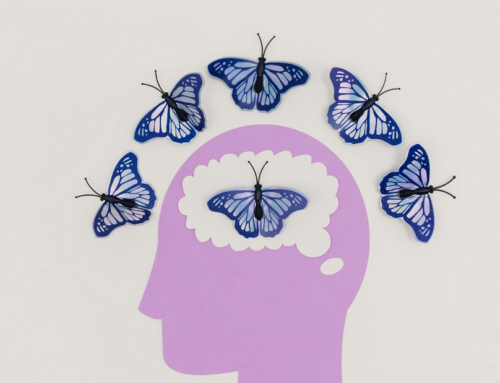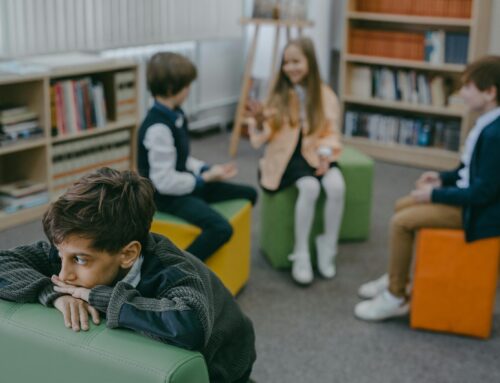Making connections is an important part of development and relationship building at any age, but especially during formative childhood years. Friends and connections can help us navigate through challenges, celebrate wins, and strengthen our decision-making. In this article, we will explore the details as to why connection-building is so important during pivotal early childhood years.
Emotional Development
When it comes to developing emotionally, making connections with others is one of the best ways to do so. Children who are exposed to others have an easier time forming bonds and observing how others deal with different emotions on a day-to-day basis. They also learn how to care for one another, practice gratitude and generosity, as well as get along with individuals who are different from them.
Empathy and Caring
Empathy and caring are two things that are crucial for childhood development, especially during this day and age. When children practice empathy, they grow a greater understanding of what it means to be a human and feel for one another.
Relationship Building
By practicing connectivity as a child, relationship building becomes second nature. It is important to expose your child to different environments so that they can practice building relationships in multiple different settings. For example, if your child goes to school, try to supplement their exposure by also enrolling them in an art class, sports activity, or other extracurricular activity that can help build connections in a variety of environments.
Peer Relationships
Peer relationships help children learn team-building and problem-solving skills. As children become comfortable with peers, whether that be in school or on a team, they are able to collaborate with others who are at the same developmental stage as they are. This can be extremely helpful as they navigate learning new skills on their own while relying on peers for support. Children learn best as they make their own discoveries while observing those more advanced than them and teaching others who fall a bit behind.
Language Building
Language building is a difficult skill for children to learn, especially in this day of remote learning and virtual socialization. Connectivity can help them advance their vocabulary and understand the difference between tone of voice, word choice, and enunciation. Language building is also a crucial part of expressing one’s self, which is important as your child embarks on new adventures independently.
Patience is also a big part of language building and can be one of the biggest lessons learned during this process. When building language skills, children will have to wait for others to finish their sentences and practice patience while waiting for responses.
We hope this article helped you better understand why connection-building is so important, especially in early childhood. To speak with a professional regarding your child’s developmental health, contact NeuroBehavioral Associates today!






